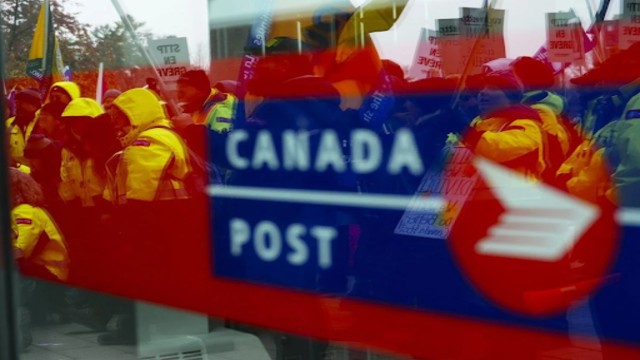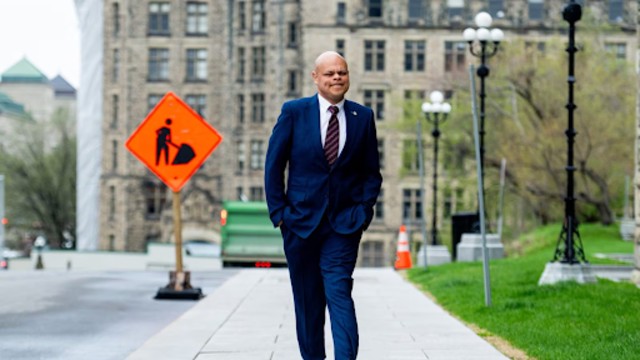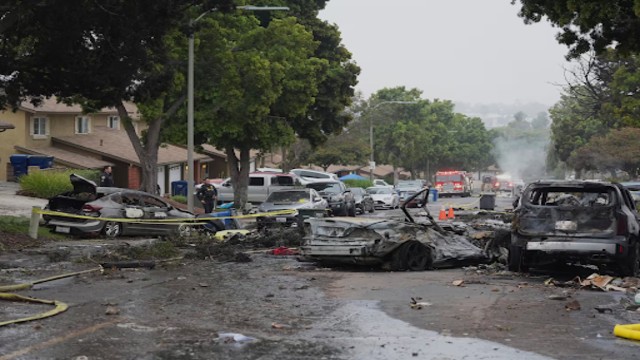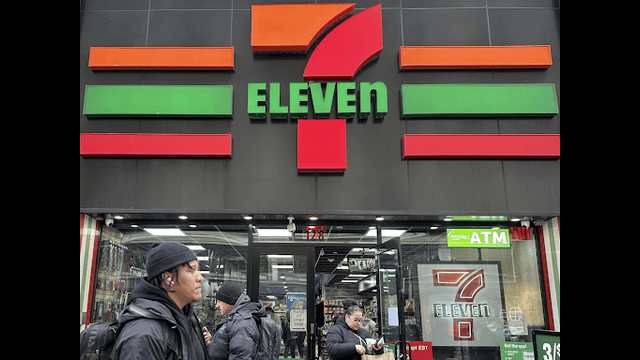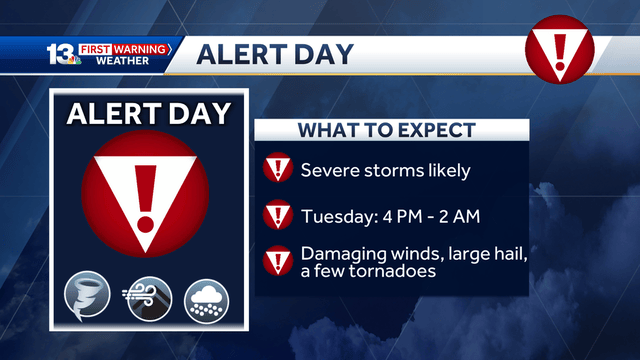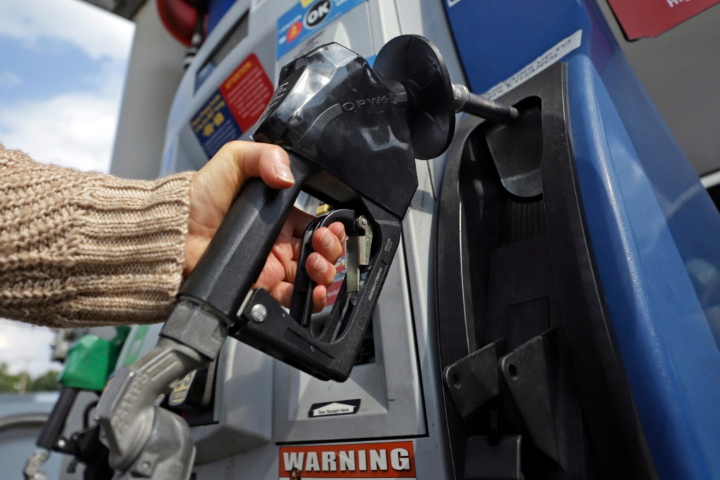
In this archived image, a woman is refuelling her vehicle at a convenience store. The photo credit goes to AP Photo/Gene J. Puskar.
Motorists in the Maritime region are finding relief as fuel prices experience a gradual decline, prompting a collective sigh of relief when they fill up their tanks. This decrease, while welcomed by many, is attributed to the conclusion of the summer travel season, leading to reduced demand for petrol.
One driver, Robert Boutilier, echoes the sentiment of several others, expressing that with the end of travel, fuel prices should ideally follow suit. Boutilier emphasizes the diminished necessity for gas, given the decreased frequency of refuelling.
On September 1, the cost of regular self-serve petrol in Nova Scotia stood at just over $1.84 per litre. Following a recent adjustment by the Nova Scotia Utility and Review Board, which resulted in a reduction of one and a half cents per litre, the current price hovers slightly above $1.52.
Petroleum analyst Patrick DeHaan sheds light on the cyclical nature of gas prices, noting that they traditionally hit their lowest point in the fall and winter, gradually rising in the spring and peaking during the summer months. Despite this pattern, there is a prevailing belief that the upcoming peak prices may not reach the heights witnessed in the past few years. DeHaan anticipates a stabilization of prices, attributing it to a combination of factors.
DeHaan cites the gradual resolution of issues that contributed to high prices and the establishment of new refineries. Additionally, regions such as the Middle East, Asia, and Africa are expected to contribute more refined products, which could have a cooling effect on global gas prices in the coming year.
However, for cautious consumers like Gene Drennan, the current reduction may not suffice. Drennan reveals a prudent approach, stating that he refrains from filling up his tank completely, opting for only the necessary amount to reach his destination and return. Boutilier, who drives a truck with a 100-litre capacity, expresses the financial strain of current prices, highlighting the significant expense of each visit to the gas pumps.
While DeHaan remains optimistic about the future, he does not foresee prices dropping as low as some may hope. He acknowledges the potential for volatility at the pumps, particularly due to Russia's ongoing conflict in Ukraine. Despite this, he assures motorists that hitting the $2.00 per litre mark is unlikely. Looking ahead to 2024, DeHaan expresses hope that prices will peak around $1.80 during the summer, providing a measure of relief for consumers at the fueling station.



